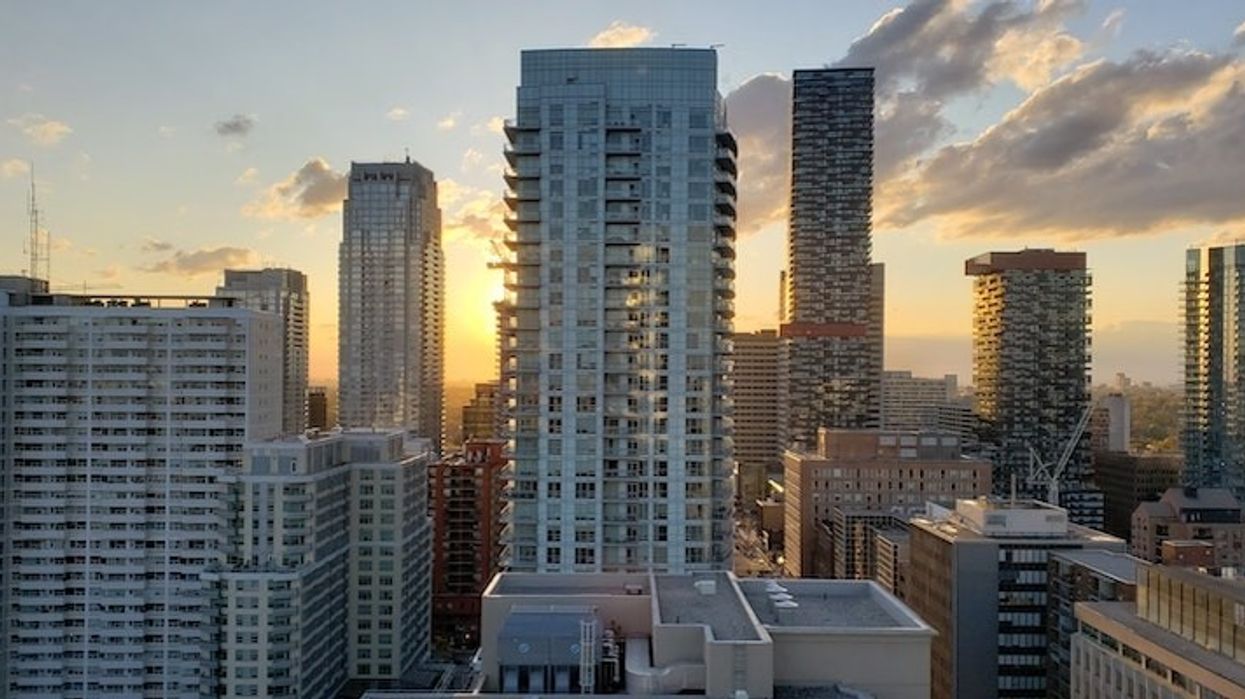Beginning today, the City of Toronto has launched a new online registration system for short-term rental operators who rent their homes on a short-term basis for a period of less than 28 consecutive days.
As of Thursday, September 10, short-term rental operators must register with the City in order to operate legally in Toronto. Operators are now only allowed to rent their principal residence on a short-term basis.
A principal residence is the residence where they live and the address used for bills, identification, taxes, and insurance. Additionally, registration for short-term rentals must be completed online.
READ: Mandatory Registration Coming for Toronto Short-Term Rentals Next Month
For those applying, registration is a mandatory step to legally rent out homes for short-term stays and now a valid City-issued registration number must be included in all advertisements and listings.
To continue short-term renting, current operators must be registered by December 31, 2020. Future operators will be able to register on an ongoing basis but must do so before short-term renting their homes.
When registering online, short-term rental operators need government-issued identification to demonstrate that they are over the age of 18 and to show evidence of principal residence. Only an Ontario Driver’s Licence or Ontario photo card that shows the address are accepted. Operators also need to provide the City with information, including:
In Toronto, short-term rentals are regulated by the City’s zoning bylaws and the Licensing and Registration of Short-Term Rentals bylaw:
The City of Toronto says it continues to respond to short-term rental issues on a complaint basis. Residents can contact 311 to report issues related to short-term rentals, such as noise, waste and concerns if others are renting homes that are not their principal residence.
“Registration is a necessary first step to allow the City to effectively administer the new rules applicable to short-term rentals," said Mayor John Tory.
"Staff has created an innovative, customer-focused, end-to-end digital registration experience as part of the City’s modernization efforts to make services easier to use and more accessible. The registration service is setting a new standard for a positive customer experience and will be improved further based on feedback.”
The registration fee of $50 must be paid online using a valid credit card and the registration process is contactless and can be completed in a matter of minutes online.





















